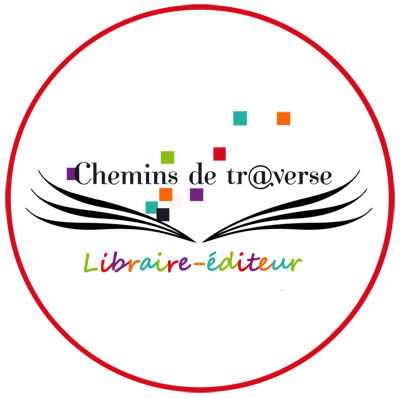Do you know what a polymath is?
Posted by Michel Morvan on
Polymath . This is a strange word. It is in some dictionaries, but not in all. However, many people referred to by this term have had an extraordinary impact on the destiny of humanity!
Here is an excerpt from the definition of polymathy , according to the encyclopedia of Diderot and D'Alembert :
"POLYMATHY, sf (Belles-Lettres.) knowledge of several arts & sciences, great & vast extent of different knowledge. [...]"
The noun associated with polymathy is polymath , which often refers to what is called a universal mind . Polymaths have in-depth knowledge in extremely varied fields , and some of them are even capable of producing original knowledge in all of these fields. Famous polymaths* include Pythagoras, Aristotle, Ibn Sina (Avicenna), Maimonides, Leonardo da Vinci, Goethe, and, more recently, Boris Vian.
We do not know if he will mark history as much as his illustrious predecessors, but there is no doubt that Antoine Cantenot is a polymath .
In Incalculable , a novel of astonishing intelligence , he juggles ancient history , scholarly texts , religious thought , science , but also the most significant episodes of our contemporary history . Through the magic of his words, we rub shoulders with Socrates and Plato , and pierce the mysteries of Turing 's thought. Led by his modern heroes, we revisit Europe in an enigmatic quest through the thought and history of our civilization.
Happy reading, and welcome to the world of a polymath !
* In the lists of famous polymaths in history, we find today almost only men (the only woman in the Wikipedia list on the subject is Mary Sommerville who is extremely brilliant but does not necessarily fall into the category of polymaths in the sense above). There are of course female polymaths. If you have references to female polymaths in history, do not hesitate to put them in the comments of this post, which will allow us to enrich it.


Pour les lecteurs anglophones, une proposition de lectures complémentaires, pour prolonger cet article sympathique, de la part d’un dilettante reconnaissant.
https://blogs.scientificamerican.com/observations/do-we-need-renaissance-people-any-more/
https://blogs.scientificamerican.com/beautiful-minds/how-renaissance-people-think/
https://blogs.sciencemag.org/books/2020/08/26/the-polymath/